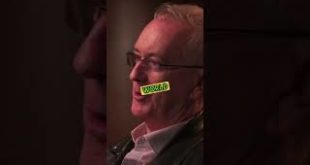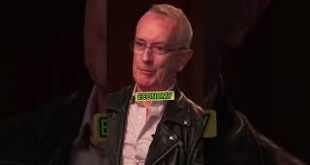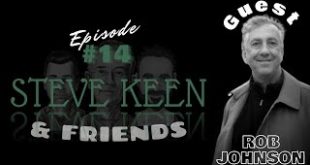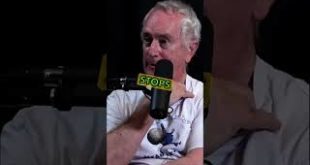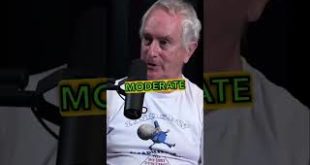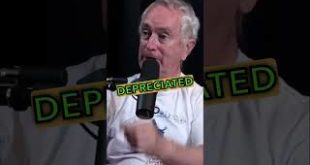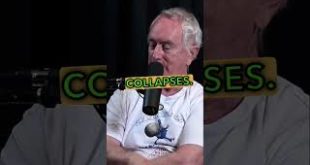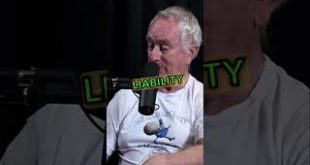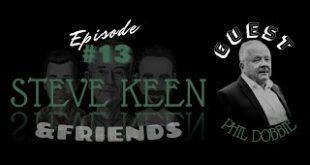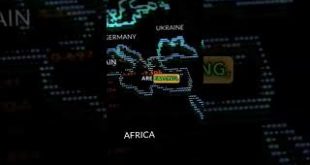Read More »
Flawed economic model
Steve & Friends with guest Rob Johnson. Episode #14
Rob Johnson is the President of the Institute for New Economic Thinking (INET). Johnson received a Ph.D. and M.A. in Economics from Princeton University and a B.S. in both Electrical Engineering and Economics from the Massachusetts Institute of Technology. #economics #money #finance #livestream
Read More »Private Debt: The Crisis Catalyst
Inflation Undermines Currency Value
Cautionary Inflation Tale
Debt Downturn: Understanding its Impact
Revealing the Hidden Force of Credit on Aggregate Demand
Steve & Friends with guest Phil Dobbie. Episode #13
Phil Dobbie is a podcaster, radio broadcaster, writer, marketing expert, humourist (debatable) and Dad. He shares a birthday with Donald Trump. He also the host of the weekly podcast Debunking Economics with Steve Keen. Phil talks to Steve about the lies and misunderstands of the economics profession.
Read More » Steve Keen’s Debt Watch
Steve Keen’s Debt Watch

